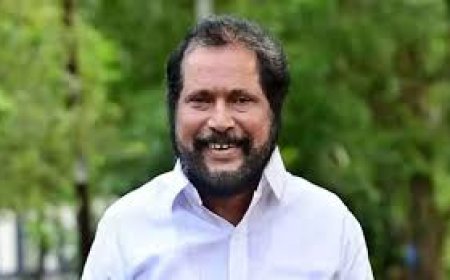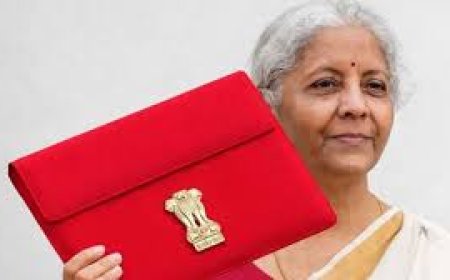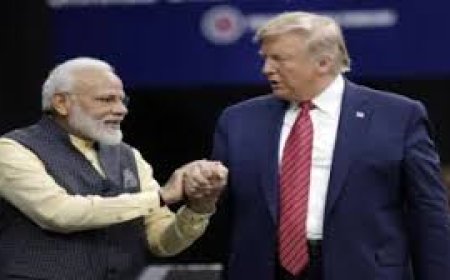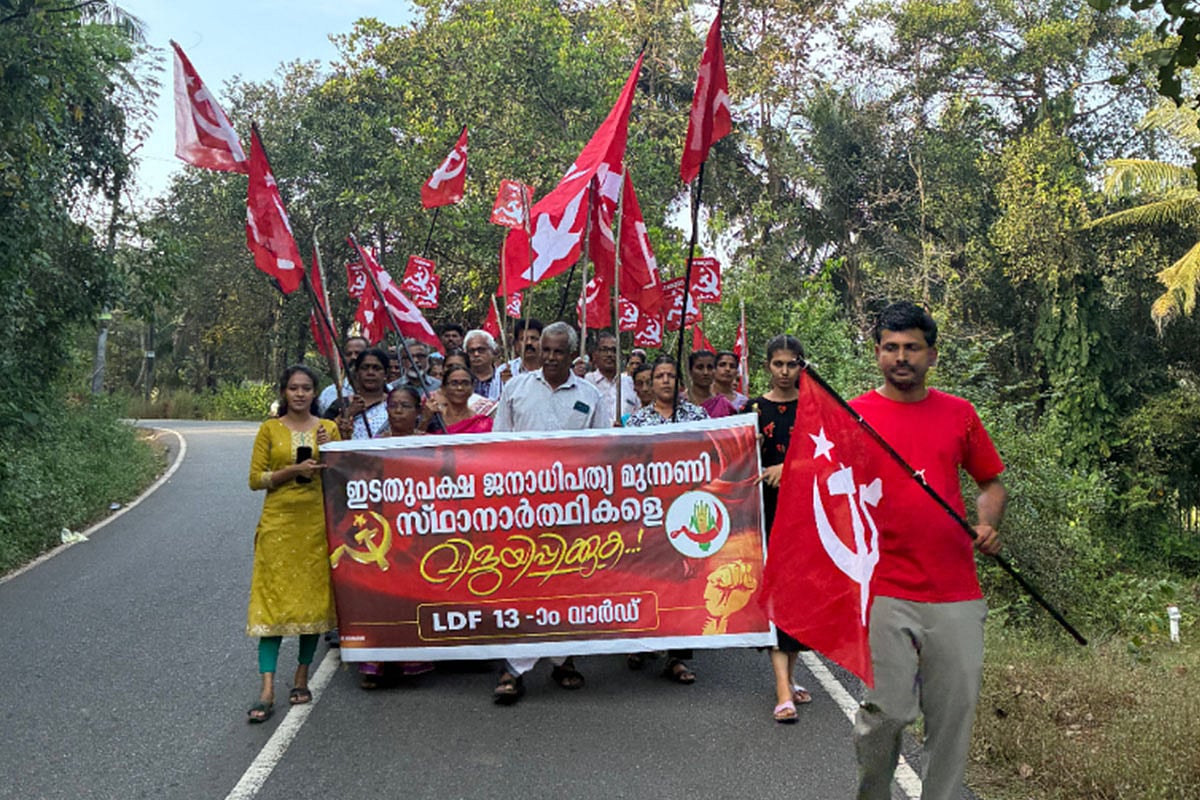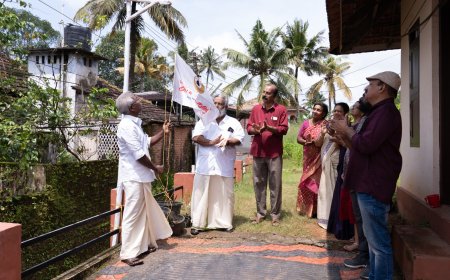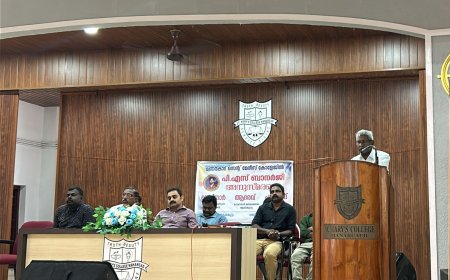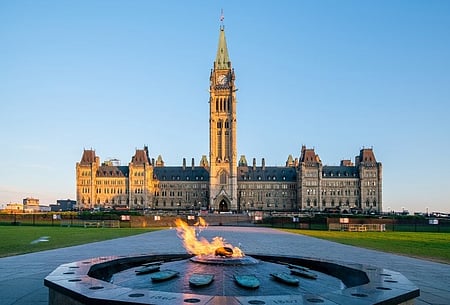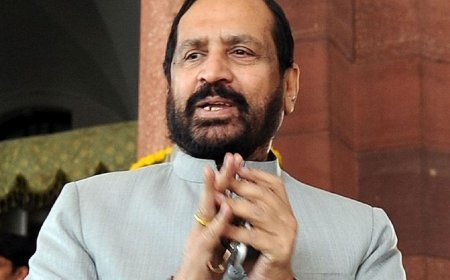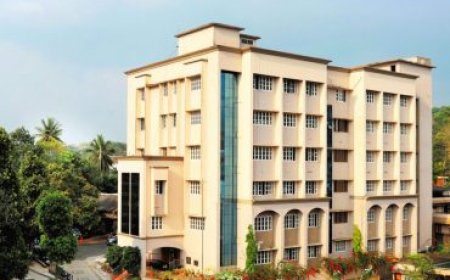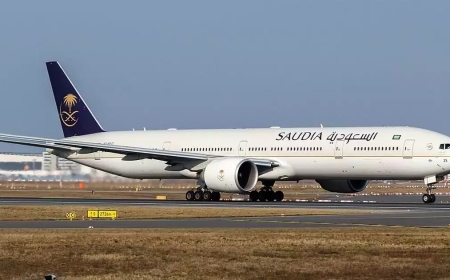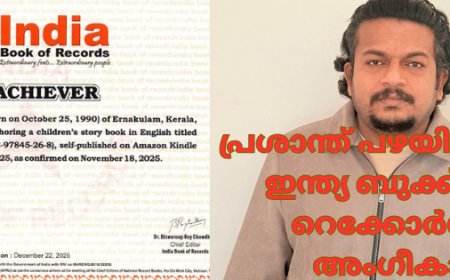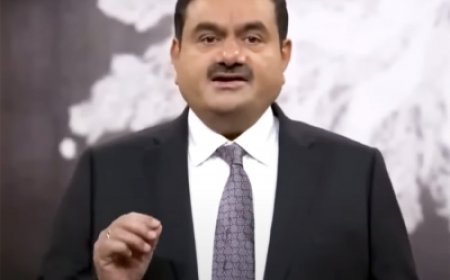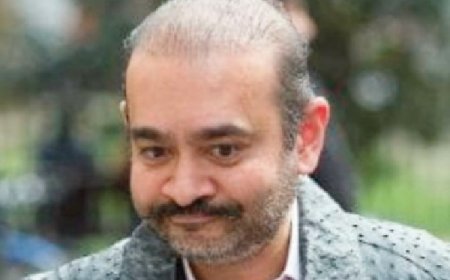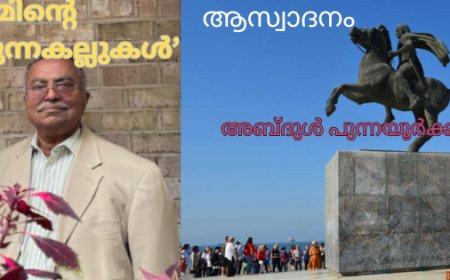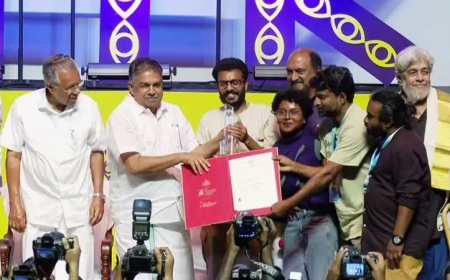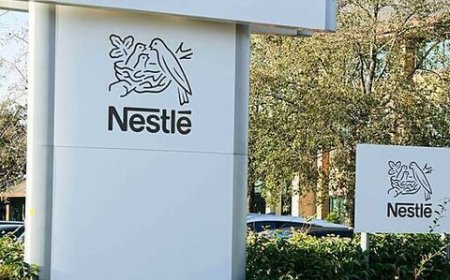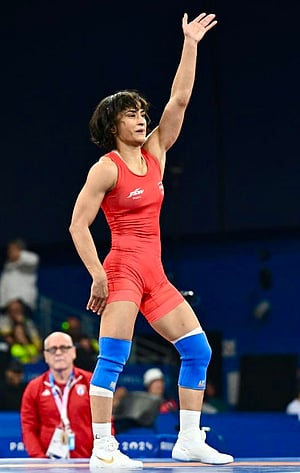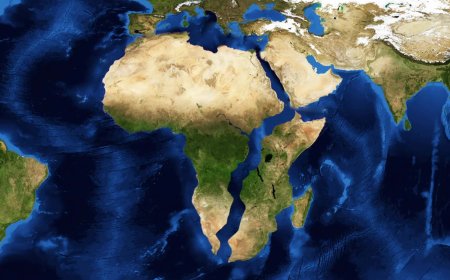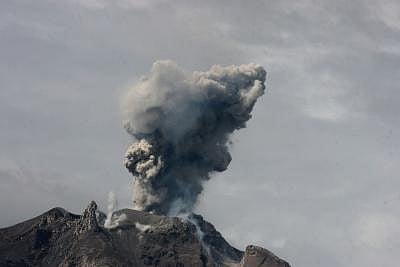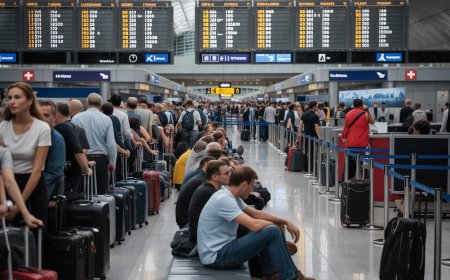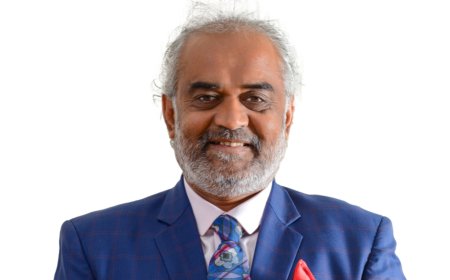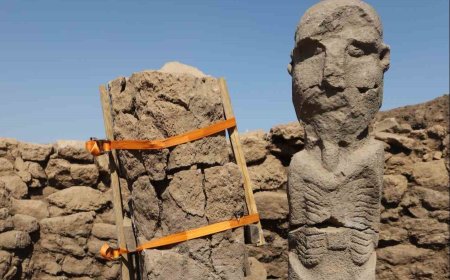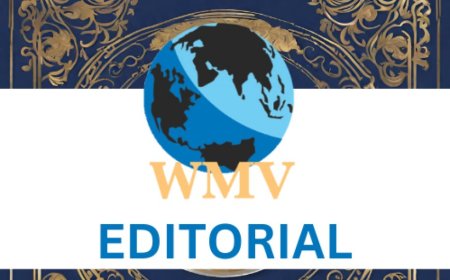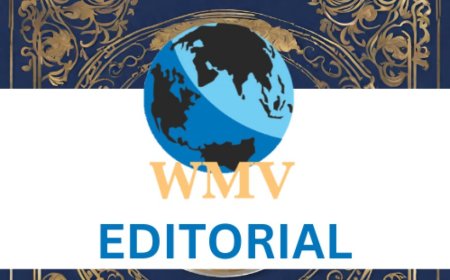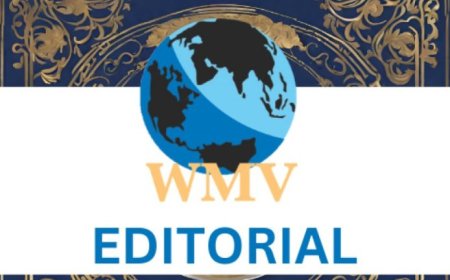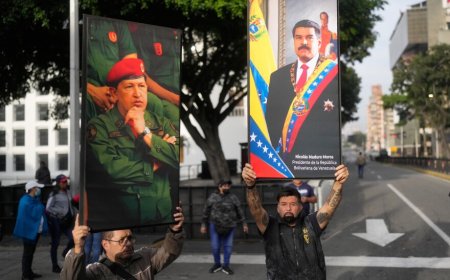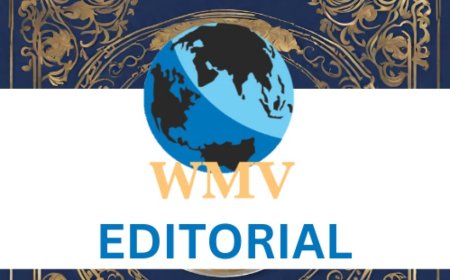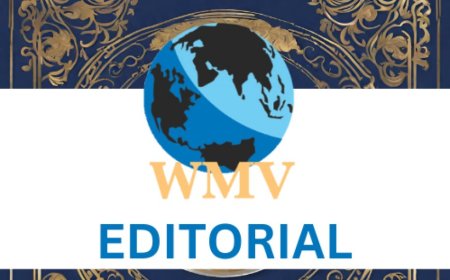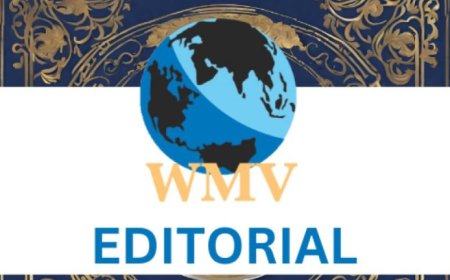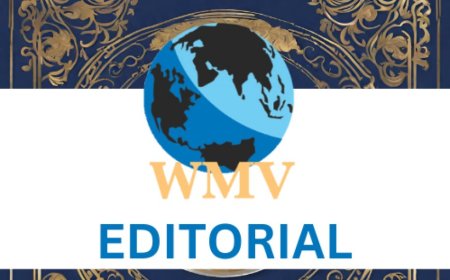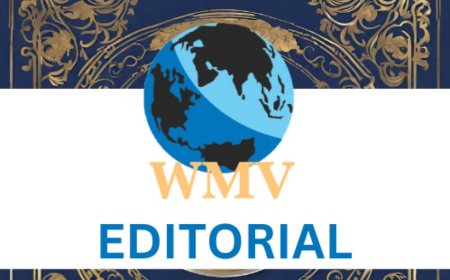India pushes for deeper trade ties with Canada, eyes CEPA, critical minerals and clean energy
Both governments aim to fast-track a high-ambition Comprehensive Economic Partnership Agreement and double bilateral trade by 2030.

INDIA on Monday signalled renewed momentum in its economic partnership with Canada, highlighting opportunities in critical minerals, clean energy and emerging technologies as both nations look to diversify supply chains and build secure technology ecosystems.
Addressing the Indo-Canadian Business Chamber in the national capital, trade minister Piyush Goyal said India’s strengths in artificial intelligence (AI), quantum computing, machine learning, and next-generation data centres—backed by the world’s largest pool of STEM graduates—position the country as a strategic partner for Canada.
The renewed engagement comes as both governments aim to fast-track a high-ambition Comprehensive Economic Partnership Agreement (CEPA) and double bilateral trade by 2030.
While trade talks had stalled, Prime Minister Narendra Modi and Canadian Prime Minister Mark Carney agreed on 18 June, during the G7 Summit in Kananaskis, to revive negotiations. Since then, senior Canadian ministers—including foreign affairs minister Anita Anand (12–14 October) and Trade Minister Maninder Sidhu (12–14 November)—have visited India to rebuild trust and momentum.
Goyal emphasized that India and Canada remain natural allies, anchored in democratic values and mutual trust, and that bilateral engagement across trade and investment continues to deepen despite past strains.
He highlighted India’s expanding national power grid of 500 GW, including 250 GW of clean energy capacity, as a key enabler for AI-driven infrastructure, adding that India aims to double clean energy capacity to 500 GW by 2030 and is among the few democracies able to offer round-the-clock clean energy at competitive global rates.
The minister also noted strengthening financial links, pointing to continued interest from Canadian pension funds and the growing presence of Canadian companies in infrastructure, renewables, and technology. Trade experts say the renewed diplomatic engagement has raised expectations across the industry, as both economies aim to stabilize ties and rebuild confidence after a turbulent period.
“India and Canada resuming FTA (free trade agreement) talks is a highly positive signal for exporters,” said Ajay Sahai, director general, Federation of Indian Export Organisations (FIEO). “Faster market access and lower tariffs can unlock real opportunities for Indian sectors like textiles, engineering goods, pharma and agri-products. A balanced, modern FTA can deepen supply chains, boost competitiveness and open a high-value market—giving India’s export growth a strong strategic edge.”
Rajnish Gupta, partner, Tax and Economic Policy Group, EY India, highlighted the potential in critical minerals, saying, “Canada is the leading producer of potash in the world. It ranks among the top for several critical minerals like lithium, cobalt and graphite. It also has the world’s leading mining finance ecosystem in Toronto…This partnership can help develop secure, diversified supply chains for energy transition in India.”
India’s trade with Canada remains slightly in deficit, with exports at $4.22 billion and imports at $4.44 billion in FY25. Exports grew from $3.84 billion in FY24, while imports fell from $4.55 billion.
India imports critical minerals, nuclear and clean-energy equipment, aerospace parts, and agricultural products, including lentils. Its exports to Canada include textiles, auto components, pharmaceuticals, IT services, and food-processing goods, including dairy.
Bilateral relations had sharply deteriorated in 2023 after Canadian Prime Minister Justin Trudeau accused Indian agents of involvement in the killing of a Khalistani separatist. India rejected the allegations, expelled Canadian diplomats, and Ottawa responded in kind. Trade talks paused, visa services were briefly suspended, and diplomatic engagement froze. However, trade between the two countries had continued despite the diplomatic strain.
